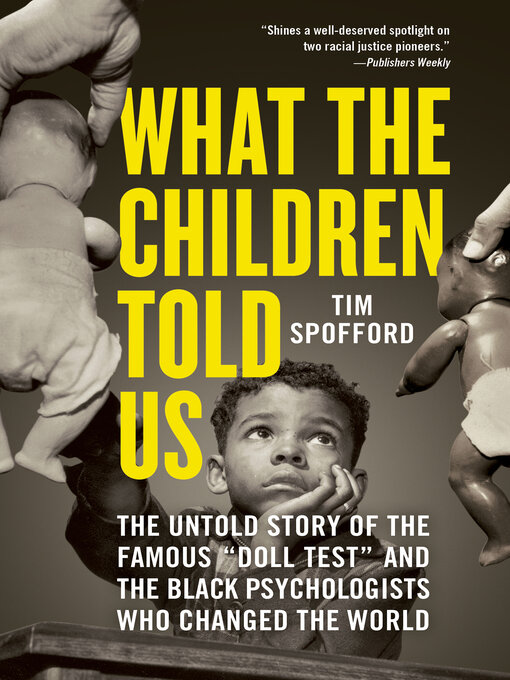Does racial discrimination harm Black children's sense of self?
The Doll Test illuminated its devastating toll.
Dr. Kenneth Clark visited rundown and under-resourced segregated schools across America, presenting Black children with two dolls: a white one with hair painted yellow and a brown one with hair painted black. "Give me the doll you like to play with," he said. "Give me the doll that is a nice doll." The psychological experiment Kenneth developed with his wife, Mamie, designed to measure how segregation affected Black children's perception of themselves and other Black people, was enlightening—and horrifying. Over and over again, the young children—some not yet five years old—selected the white doll as preferable, and the brown doll as "bad." Some children even denied their race. "Yes," said brown-skinned Joan W., age six, when questioned about her affection for the light-skinned doll. "I would like to be white."
What the Children Told Us is the story of the towering intellectual and emotional partnership between two Black scholars who highlighted the psychological effects of racial segregation. The Clarks' story is one of courage, love, and an unfailing belief that Black children deserved better than what society was prepared to give them, and their unrelenting activism played a critical role in the landmark Brown v. Board of Education case. The Clarks' decades of impassioned advocacy, their inspiring marriage, and their enduring work shines a light on the power of passion in an unjust world.

